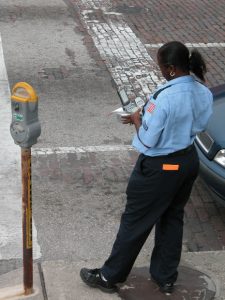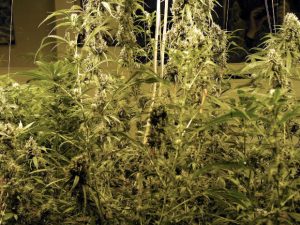Workplace Prohibitions on Marijuana Still in Effect Despite Legalization
No matter how many states legalize recreational marijuana, the corporate policies of private companies can play a big role in whether people will actually imbibe. 
A recent study by the American Public Health Association, presented in Denver, delved into the issue of what mattered most to those in five state where voters were mulling legalization. The goal was to examine what regulatory approaches states might consider making if they wanted to influence usage.
Researchers surveyed some 535 adults in California, Florida, Arizona, Massachusetts and Michigan, weighing their responses in four different scenarios. What they discovered was:
- 5 percent said state tracking of their marijuana purchases would deter use;
- 5 percent said the threat of arrest for smoking in public would deter them;
- A price increase of $20 per gram (through higher taxes and fees) would slash usage by 5 percent.
But the biggest potential influence? Employers. Continue reading
 Cannabis Law Group's Medical Marijuana Legal Blog
Cannabis Law Group's Medical Marijuana Legal Blog













